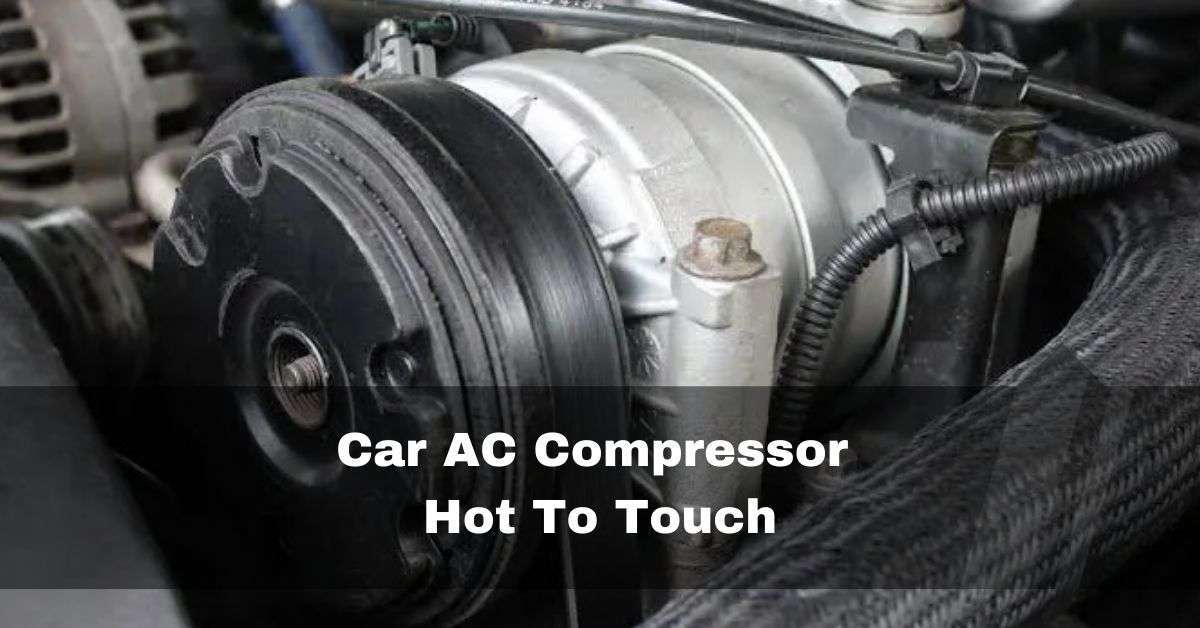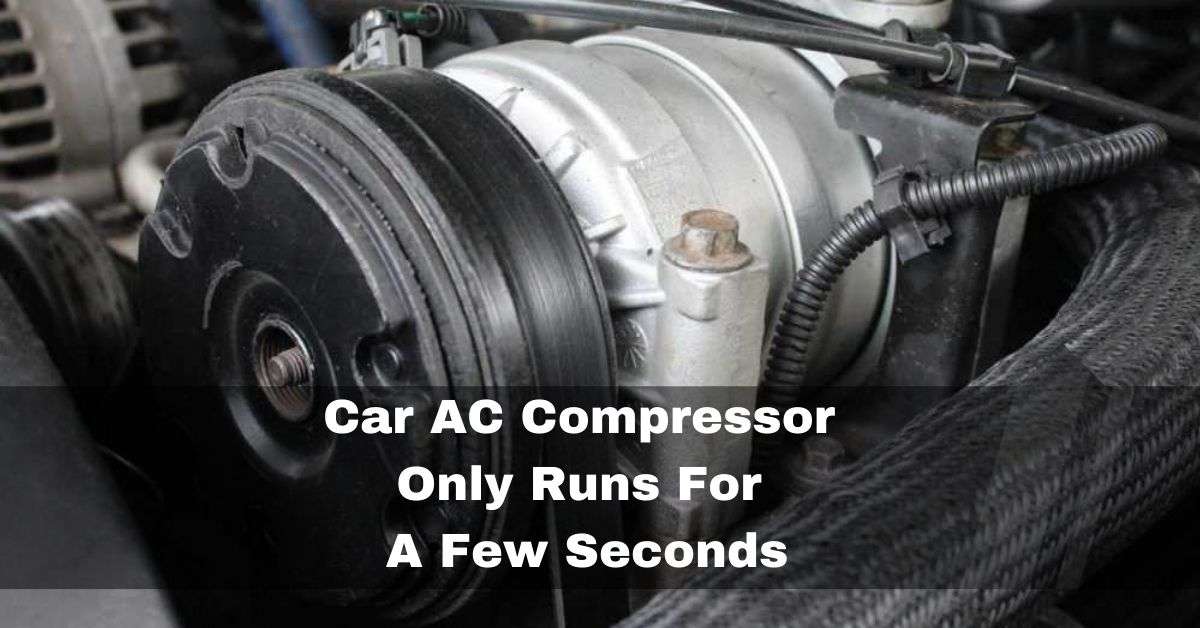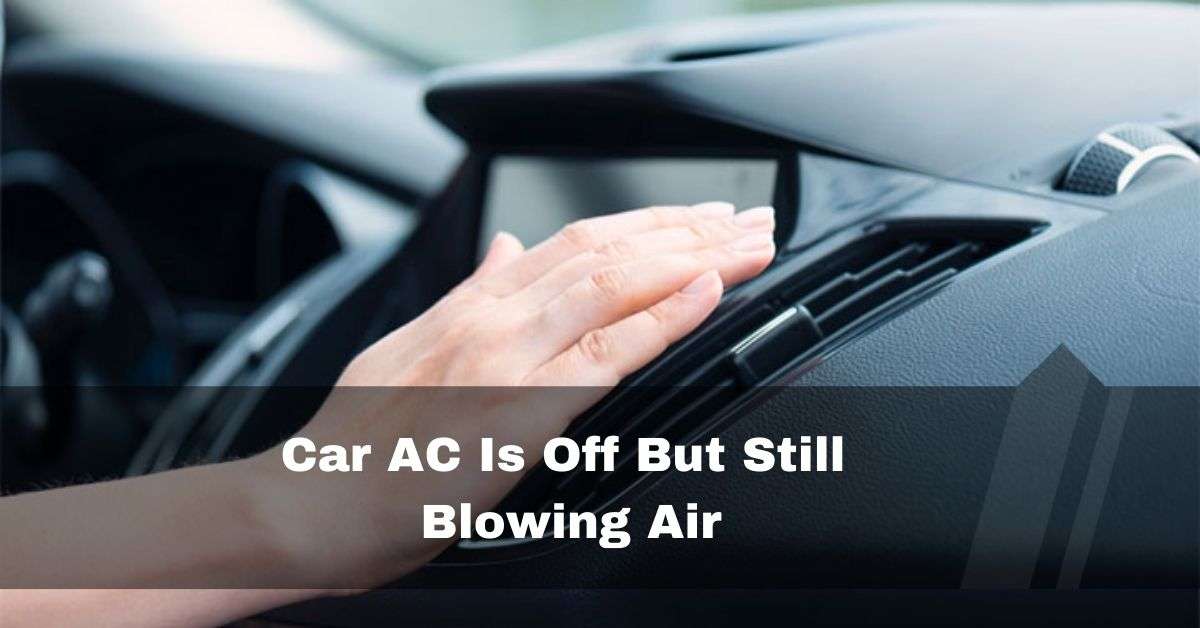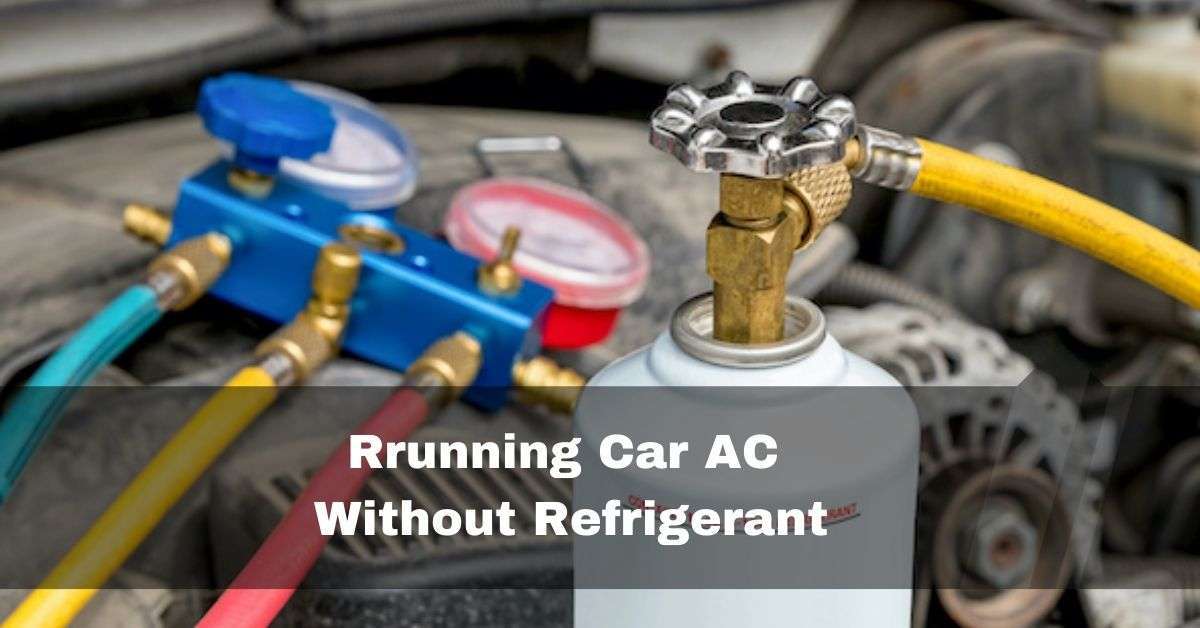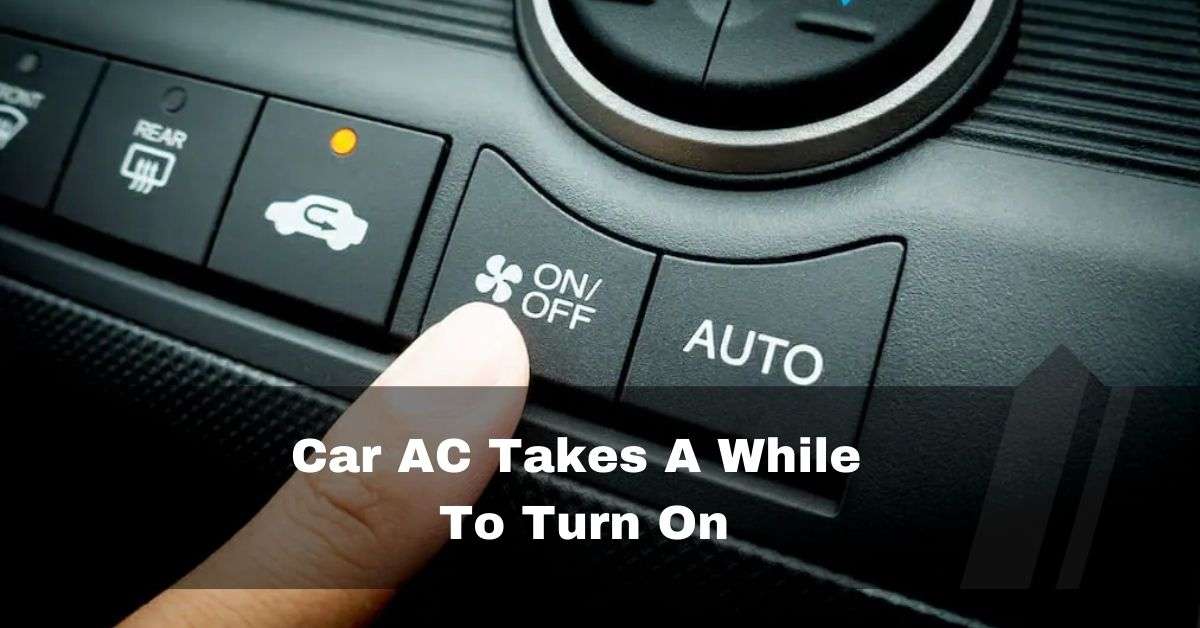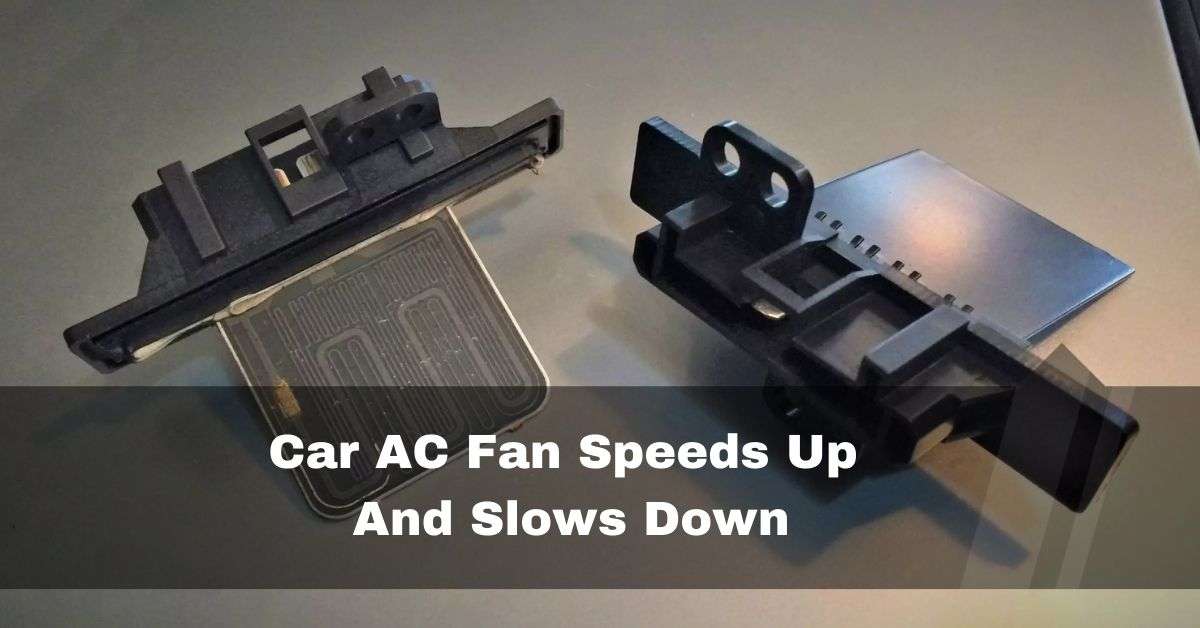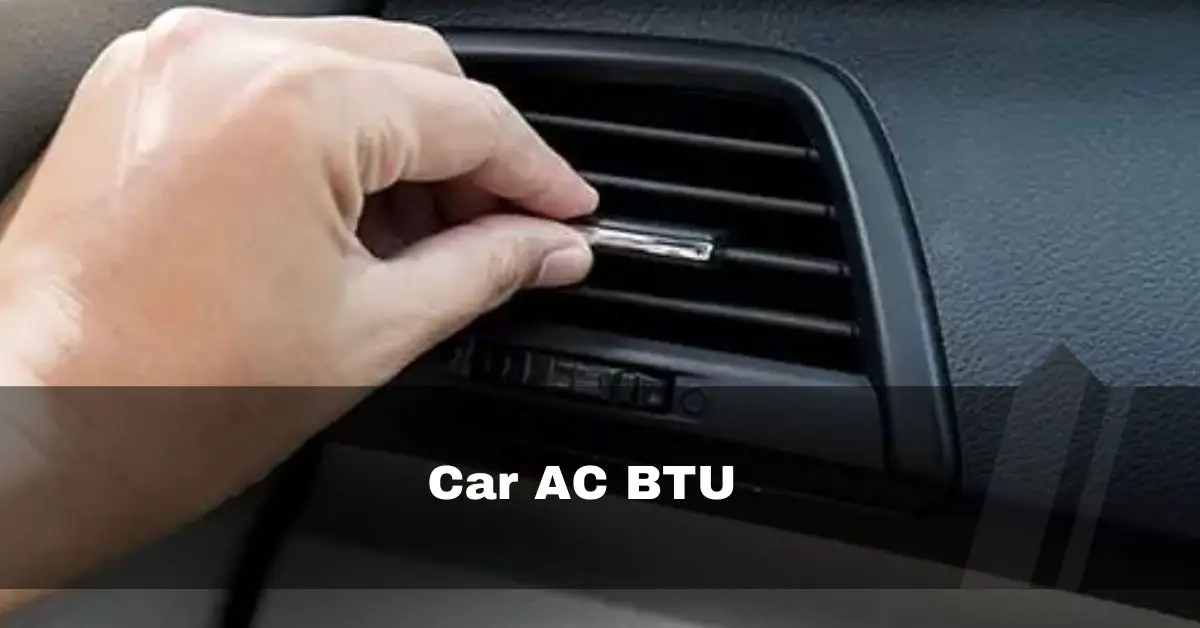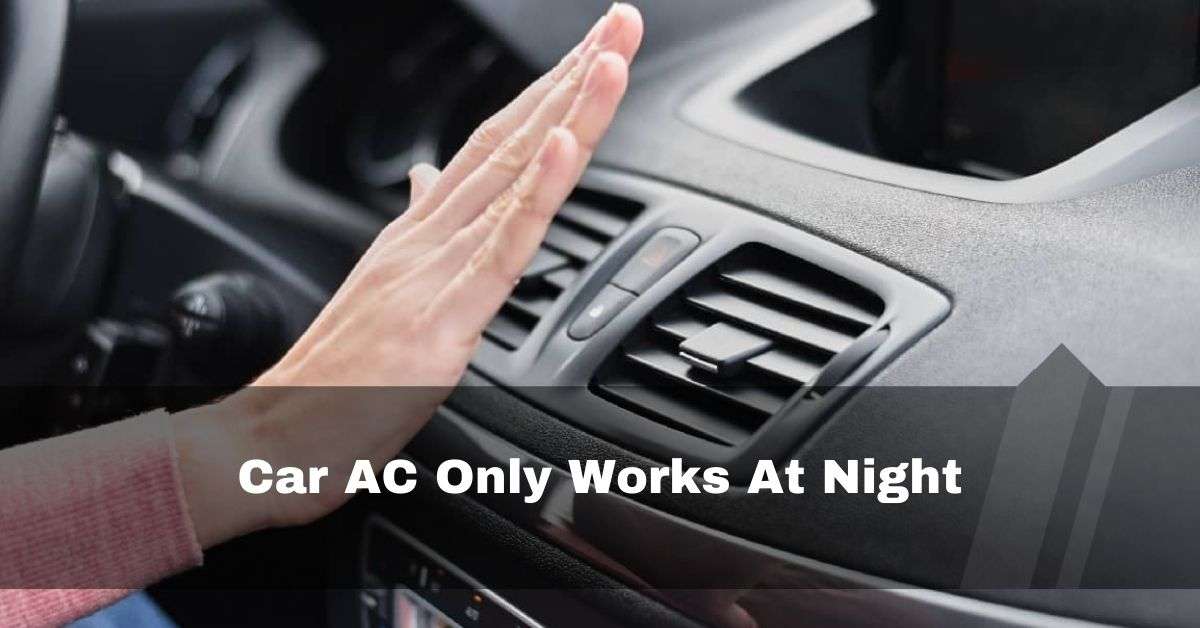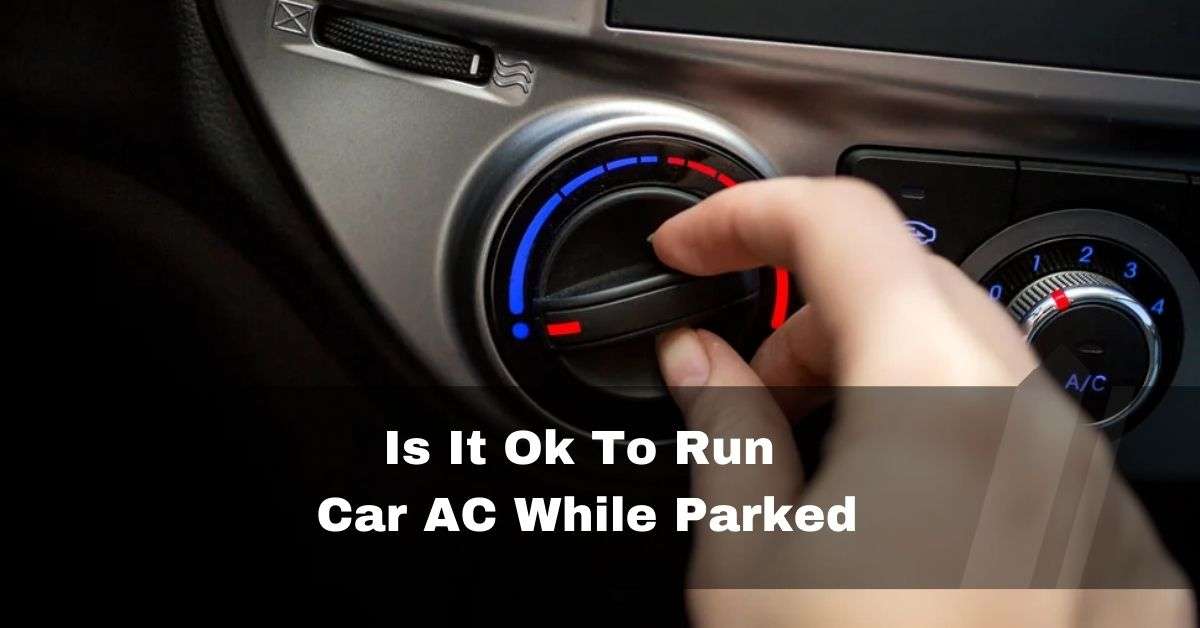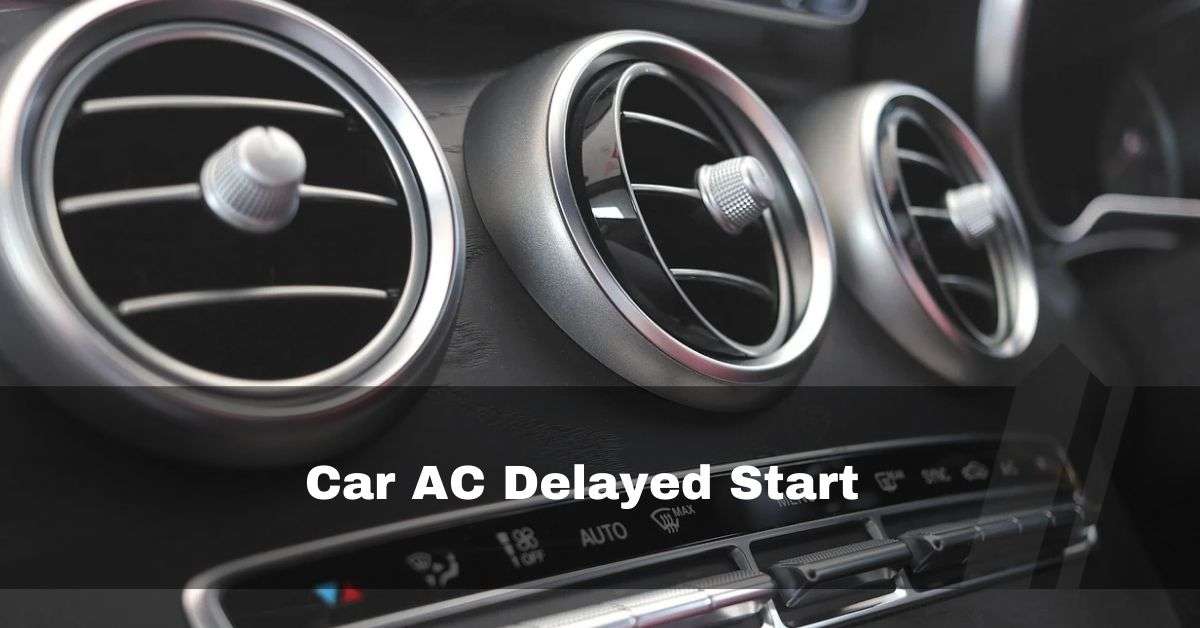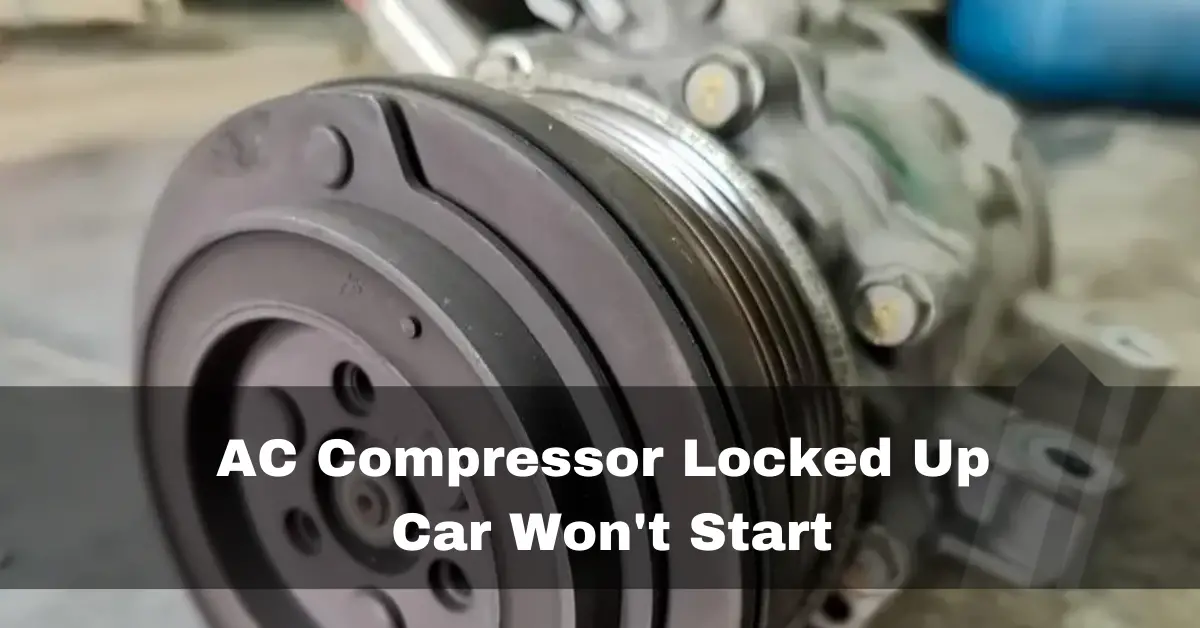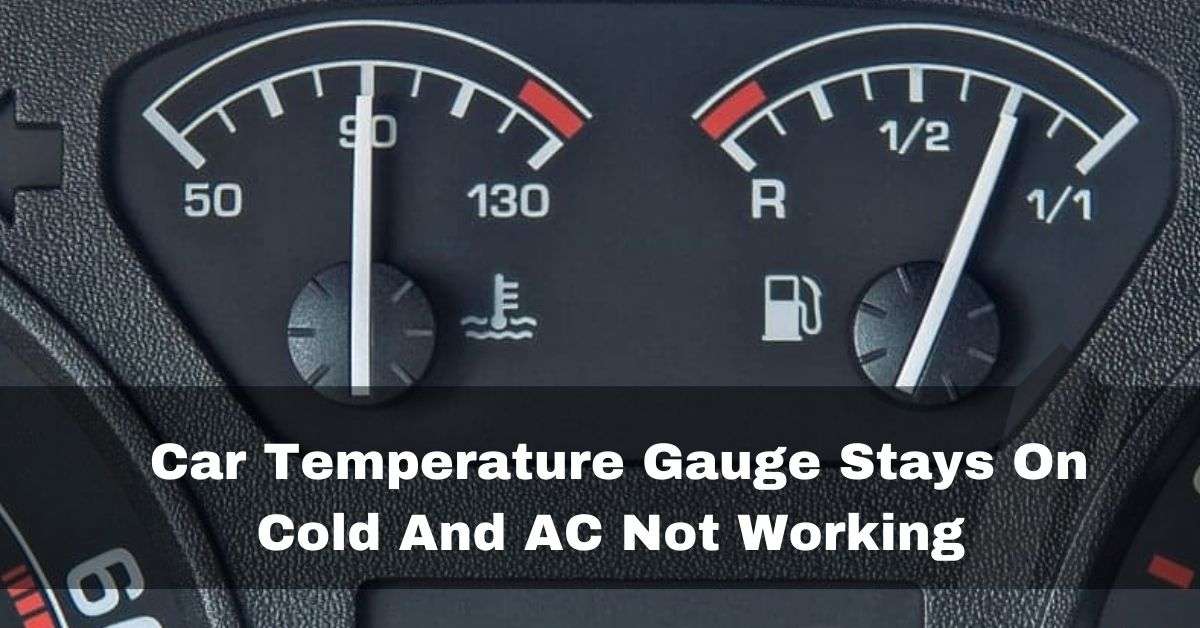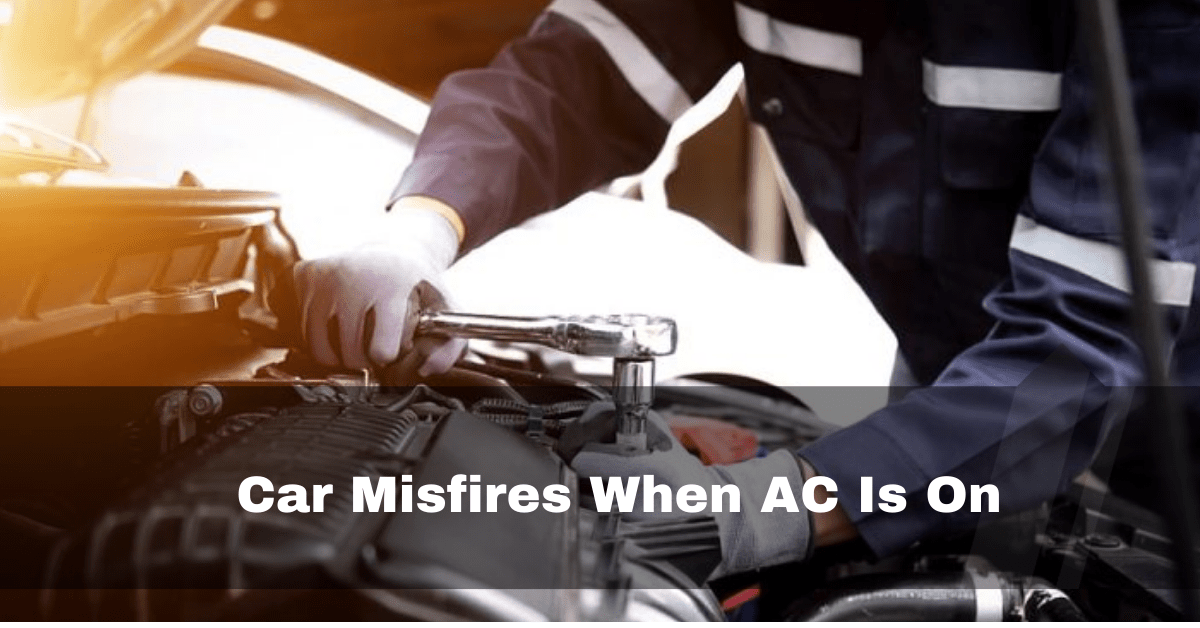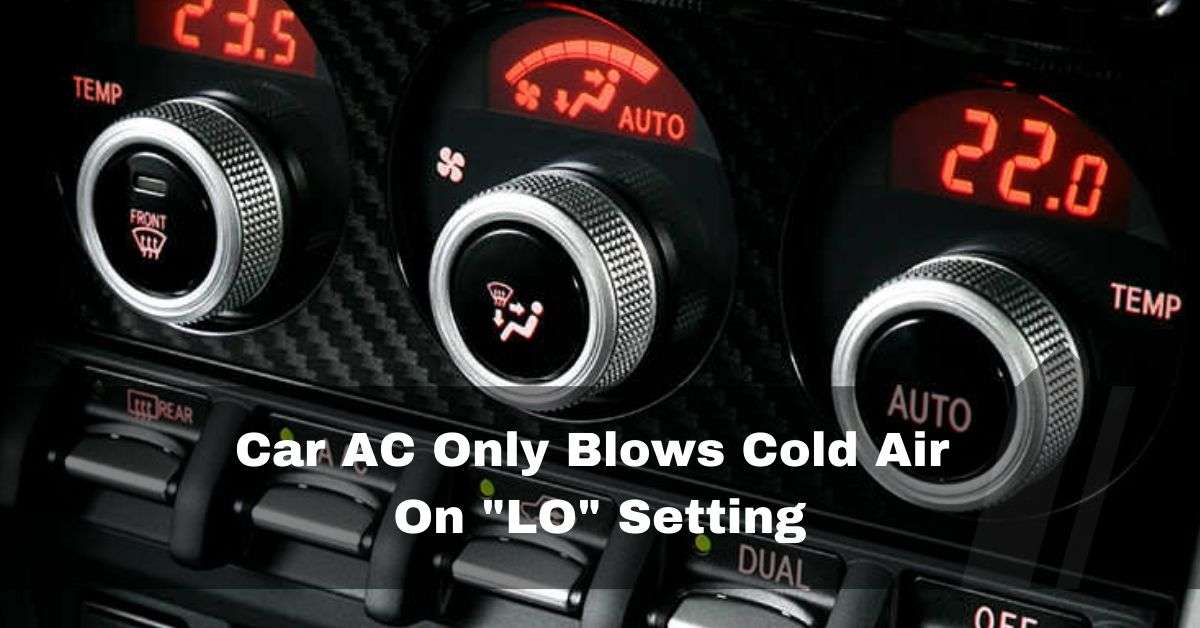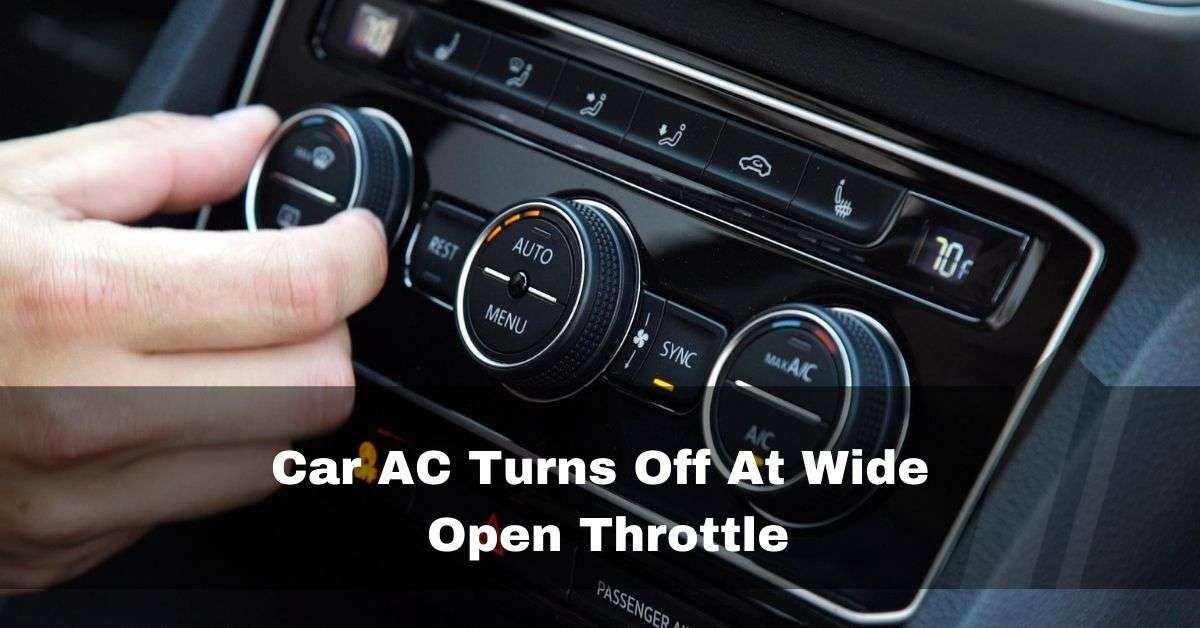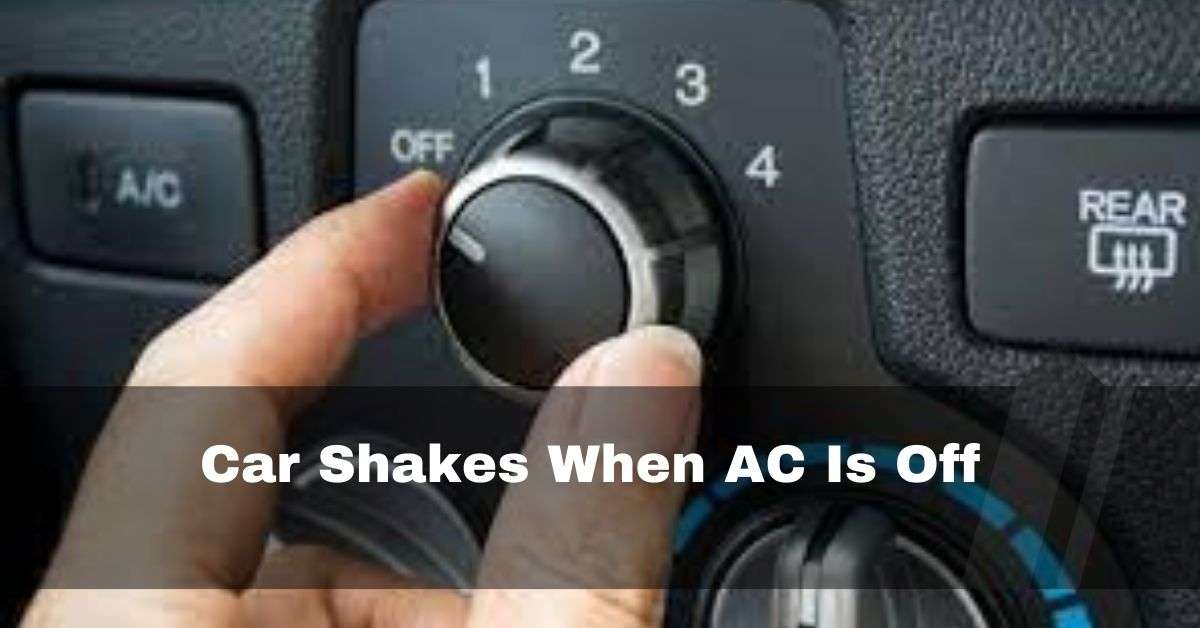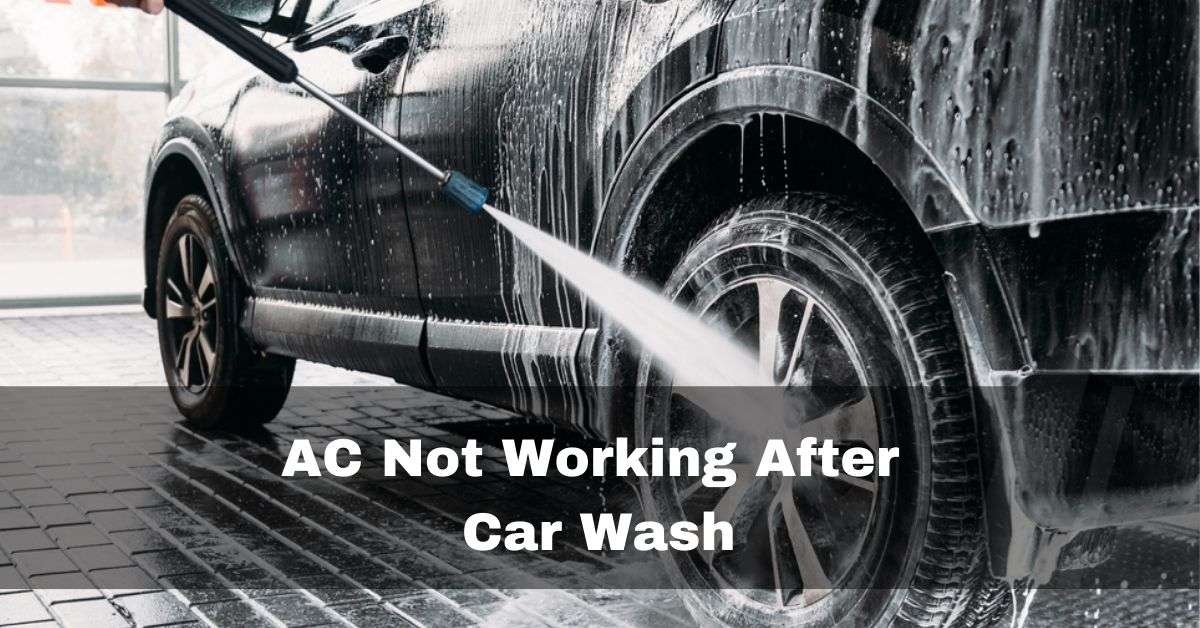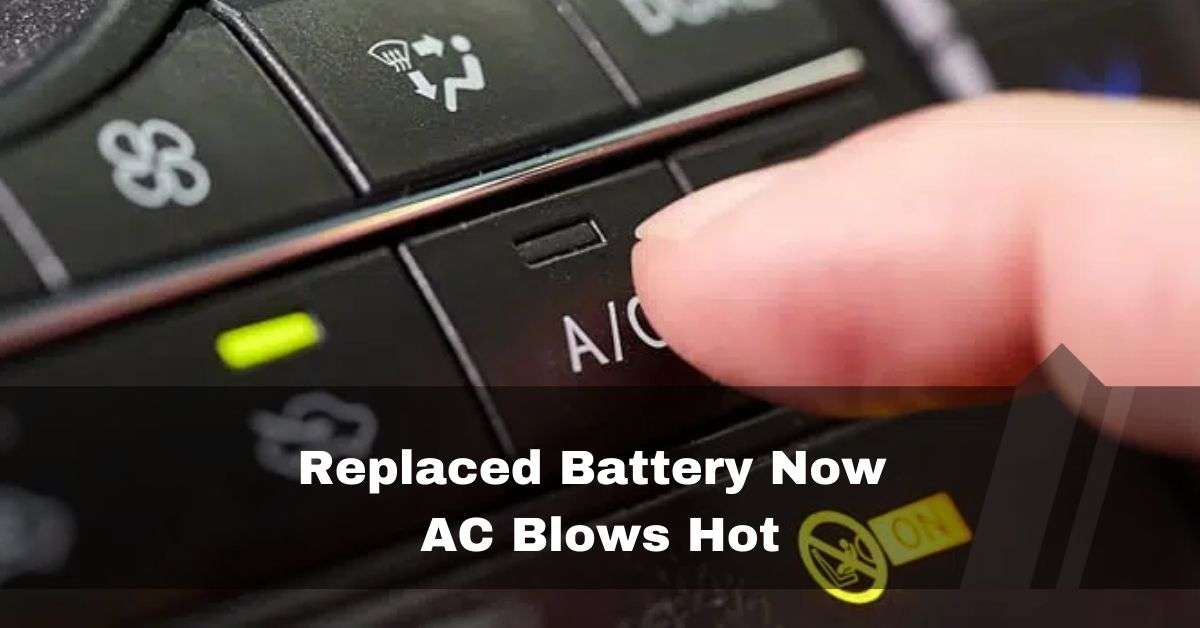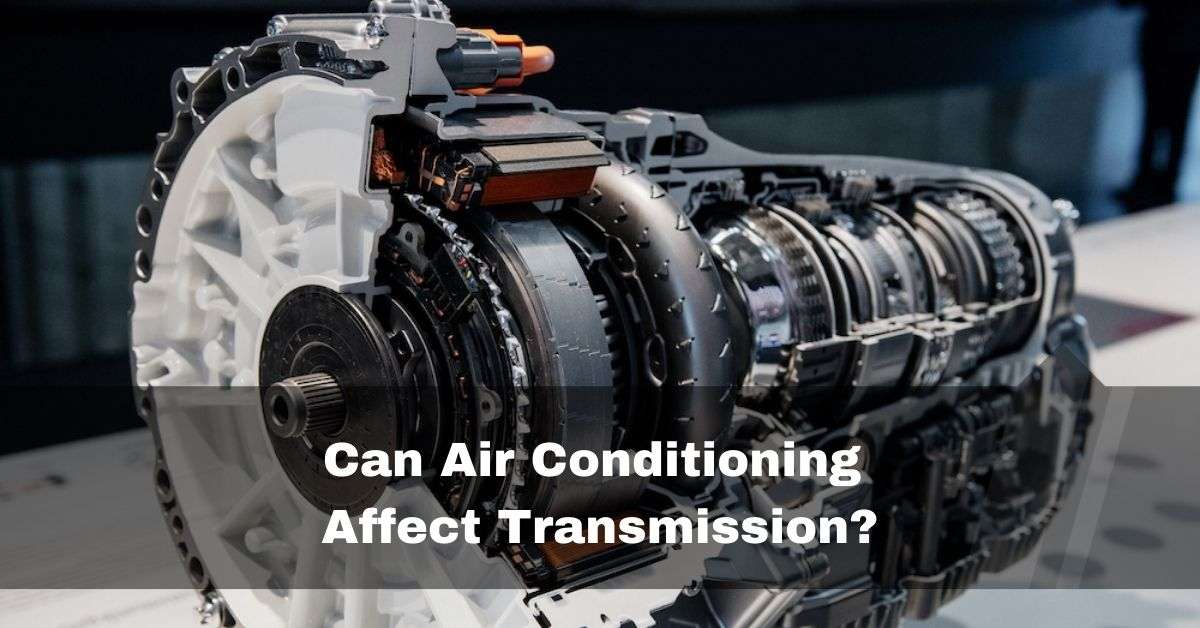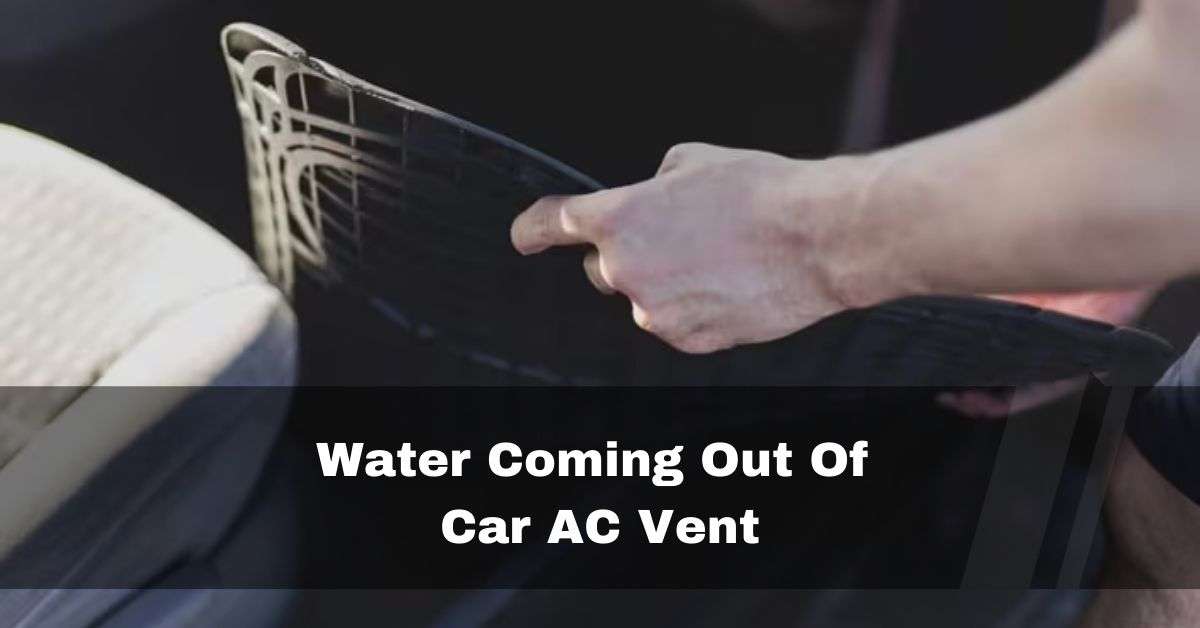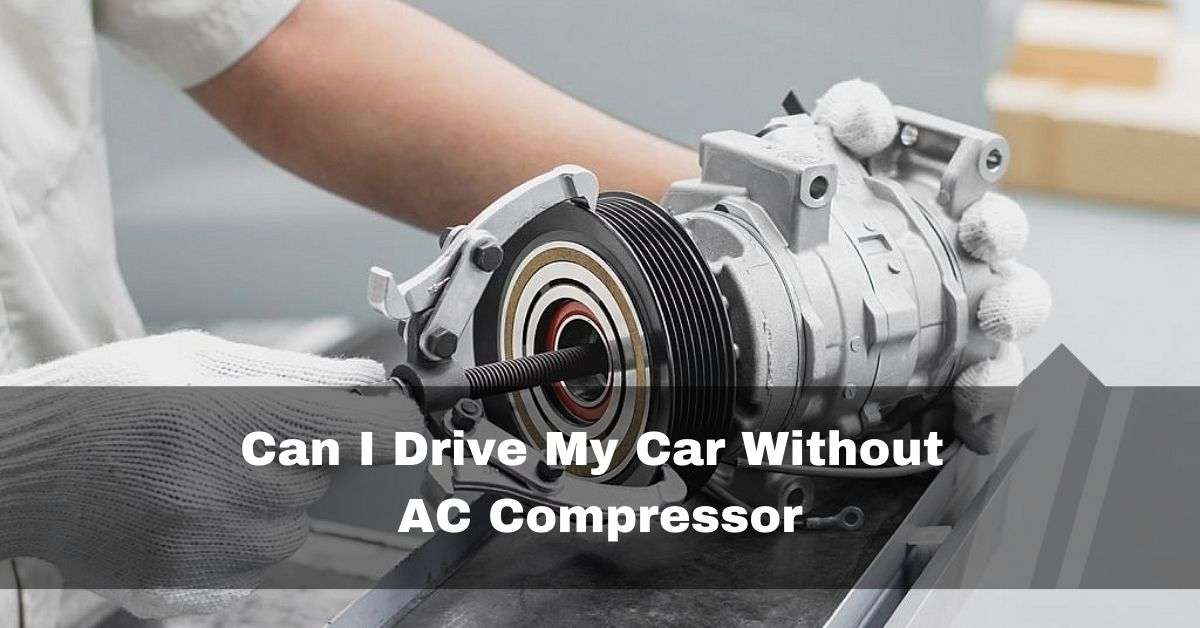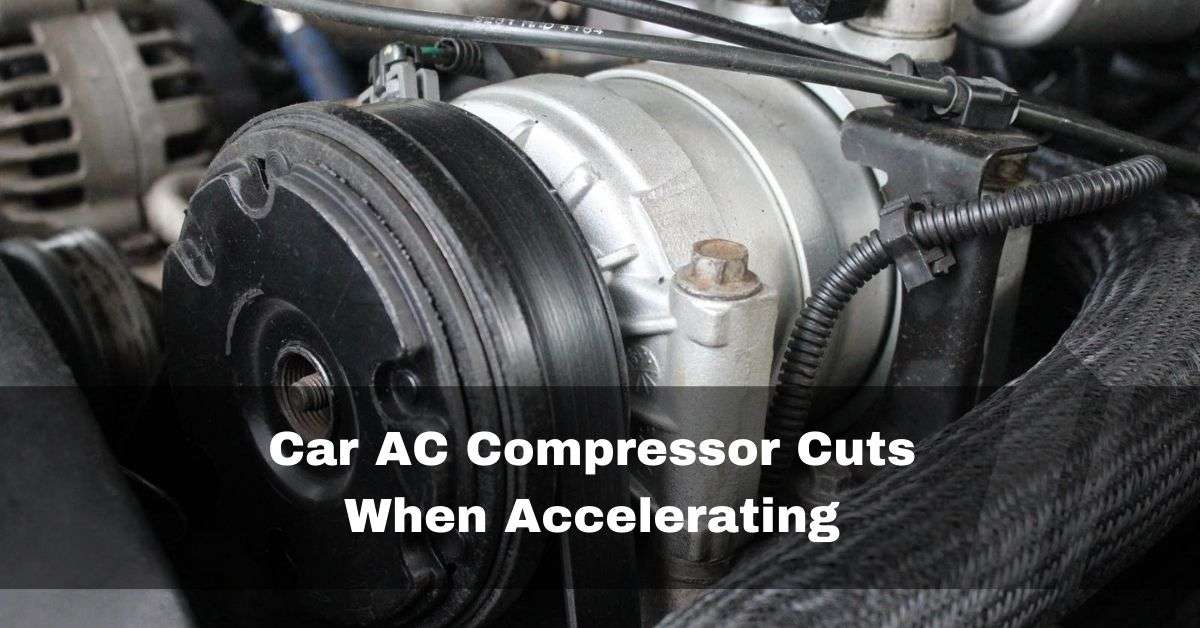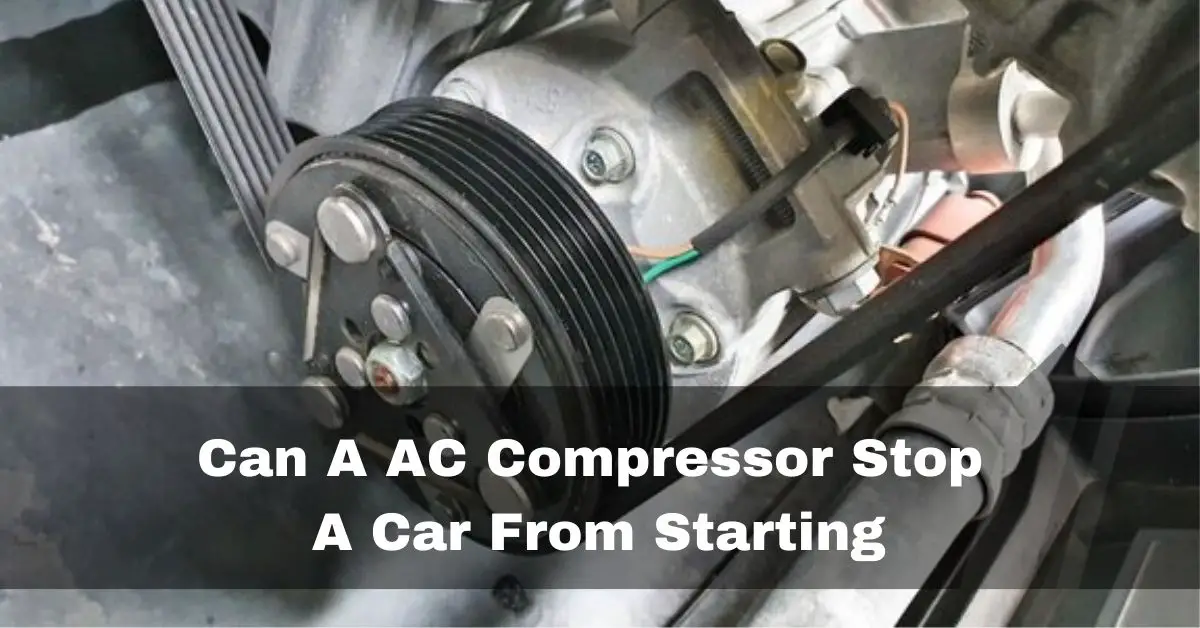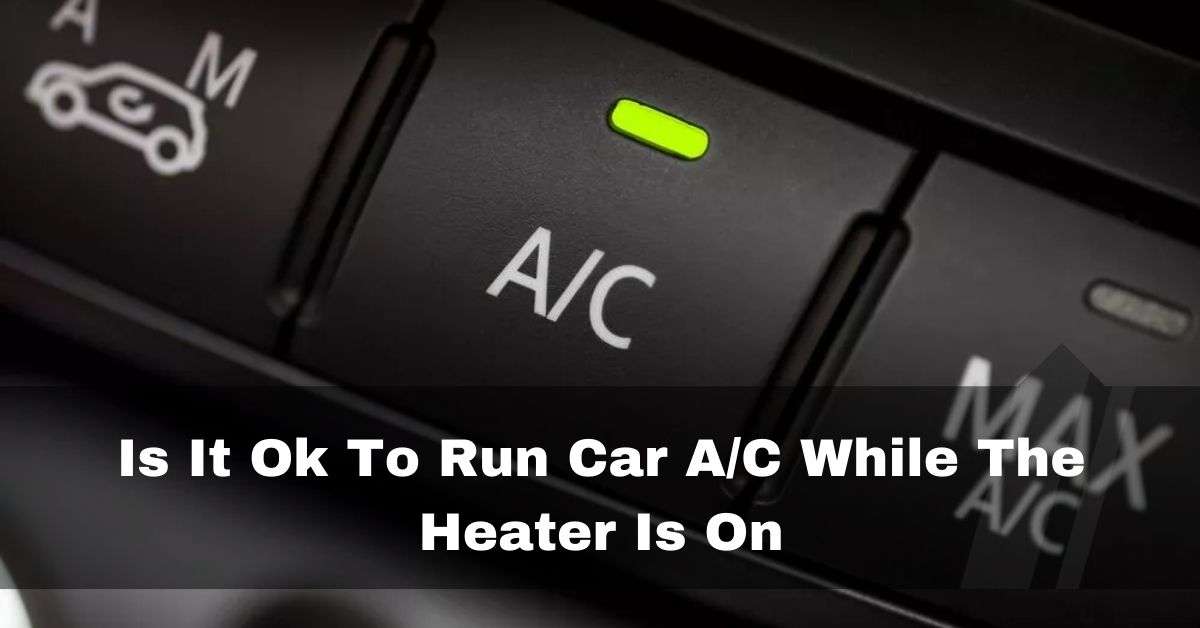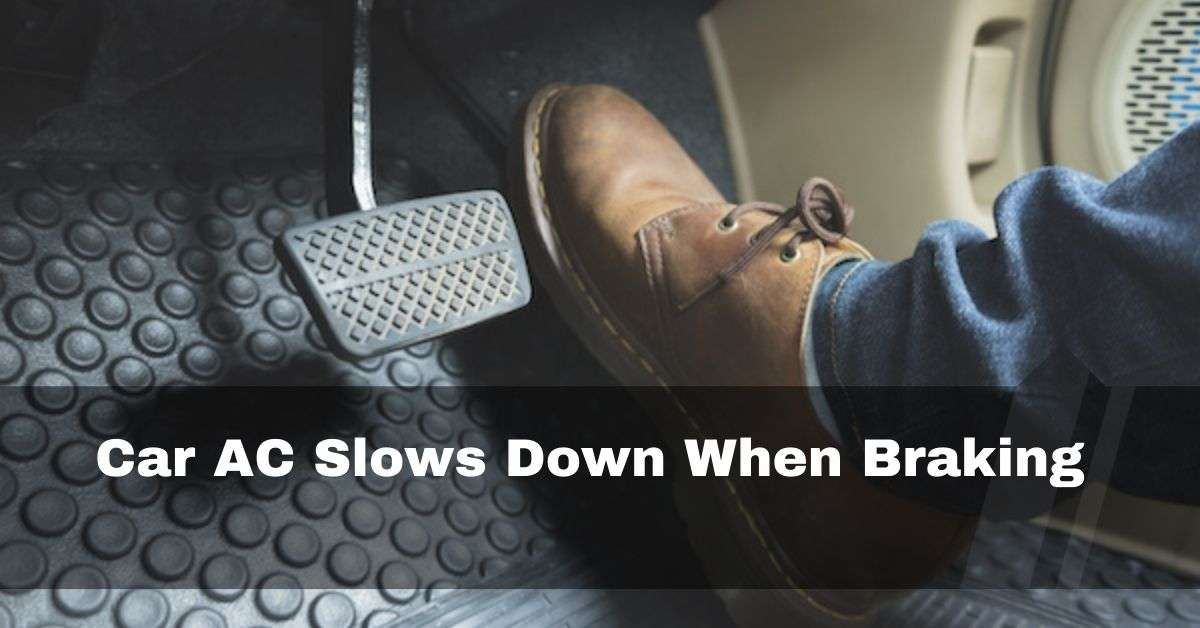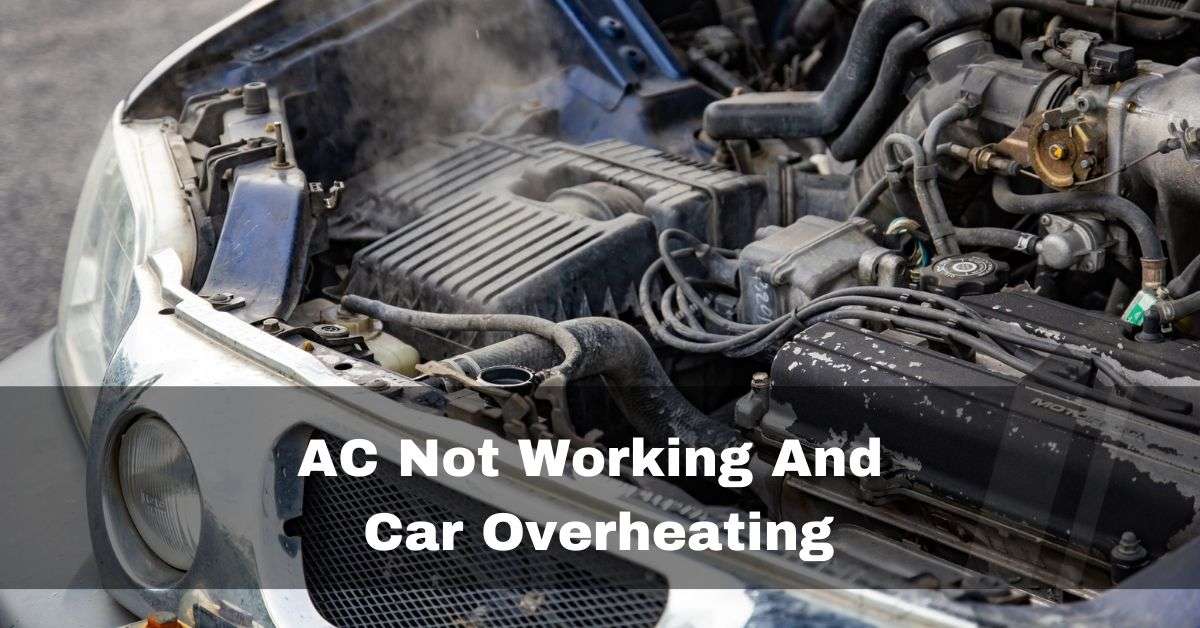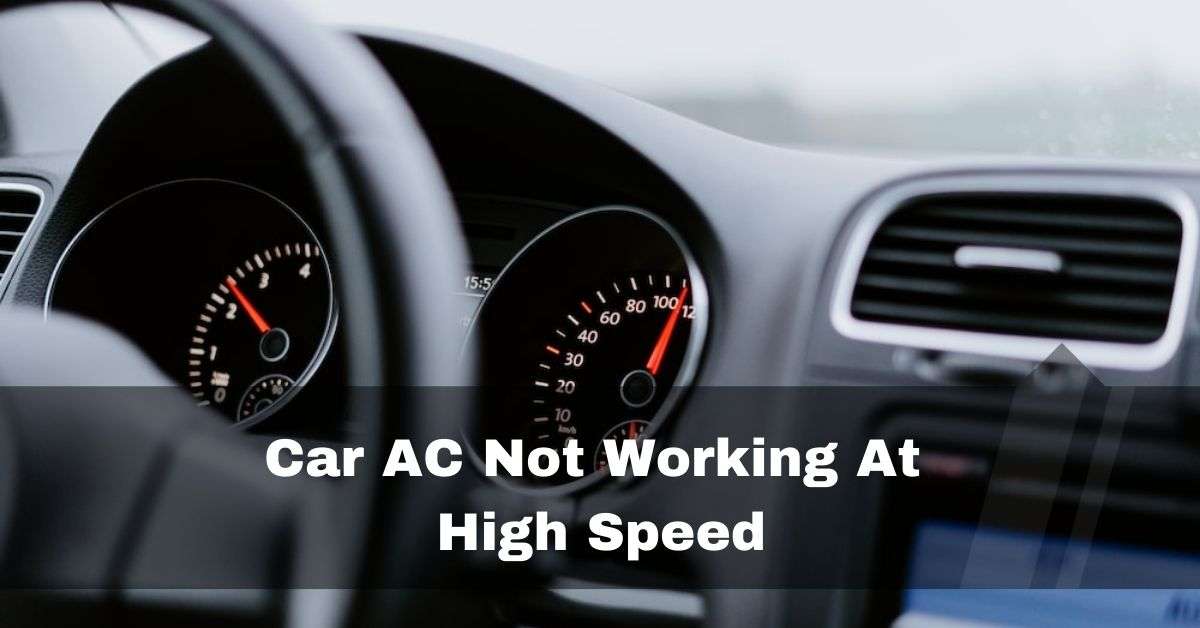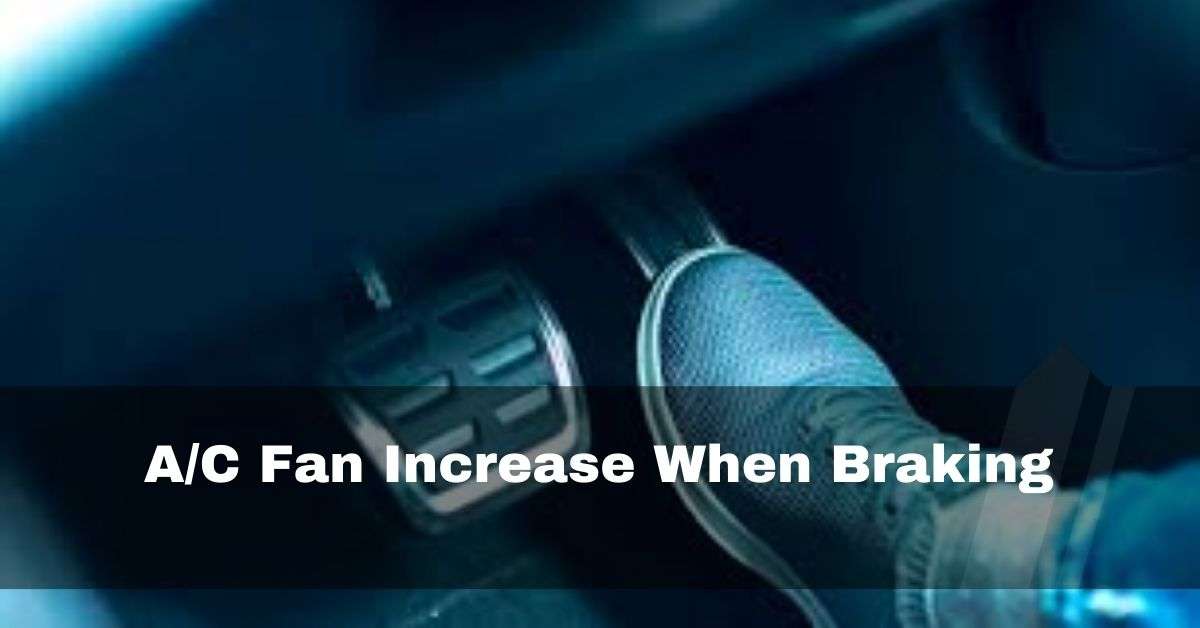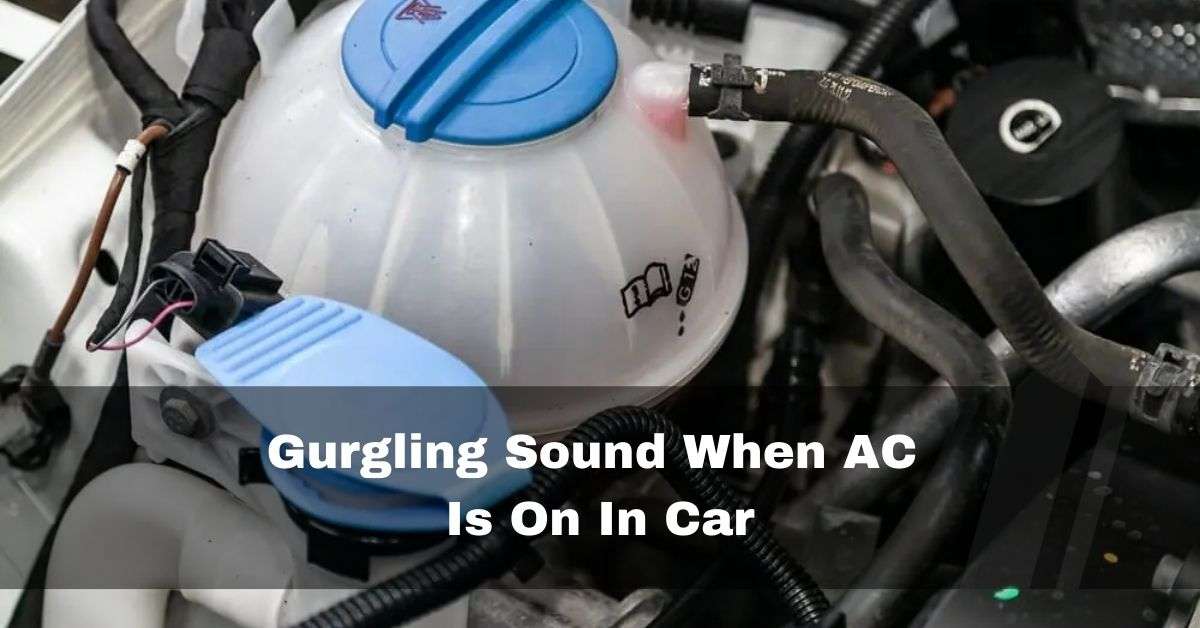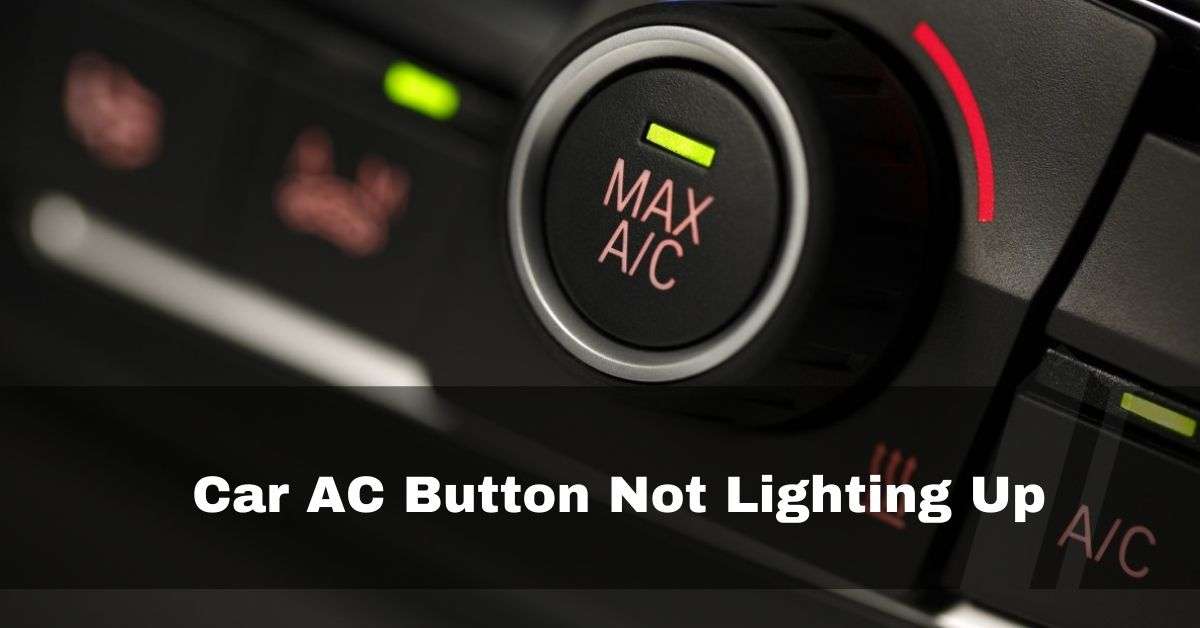When the car’s AC compressor feels hot to the touch, that can be alarming. While some heat is natural, excessive heat could indicate deeper issues.
Should ac compressor be hot to touch? The most common reason is that the condenser is clogged with dirt. It needs to be cleaned as per operating manual instructions. Sometimes, the condenser fan motor fails, which must be replaced. The most severe problem that can cause the compressor to overheat is the loss of refrigerant in the system.
To maintain optimal performance and safety, we will examine the causes of air compressor hot to touch in this article and offer practical solutions.
Table of Contents
Understanding Hot AC Compressor Concerns in Your Car
When it comes to the temperature of a car’s AC compressor, it’s essential to understand what ranges are considered normal during operation. The compressor’s temperature can vary depending on factors like ambient temperature, system load, and the efficiency of the AC system. Here’s a general guideline:
Normal Operating Temperature:
A typical operating temperature for an AC compressor during regular use might range from 150°F (65°C) to 220°F (105°C). These temperatures are approximate and can vary based on the specific AC system design and conditions.
Warm to the Touch:
During normal operation, you may notice that the compressor feels warm to the touch. This level of warmth is usually not a cause for concern. It’s simply a result of the compression process generating heat, which is then dissipated through the compressor’s housing.
Excessive Heat:
If the compressor becomes excessively hot to the touch, reaching temperatures significantly above the upper limit of the normal range, it may indicate a problem with the AC system. Possible causes include low refrigerant levels, a malfunctioning condenser, or compressor issues.
Extremely Hot:
If the compressor becomes extremely hot, to the point where it’s uncomfortable or even burns to the touch, this is a cause for immediate concern. Extremely high temperatures could lead to compressor damage, and it’s essential to address the issue promptly.
Monitoring Temperatures:
To get a more accurate reading of the compressor’s temperature, some automotive professionals may use infrared temperature guns to measure the surface temperature of the compressor housing.
Why Is My Car AC Compressor Too Hot To Touch?
1. Dirty Or Blocked Condenser:
The condenser is a crucial component that releases heat from the refrigerant into the ambient air. The airflow is restricted, and improper heat dissipation is hampered if the condenser fins are suffering from blockages with debris, road grit, or other particles. The compressor needs to work harder as a result, which makes it overheat.

2. Low Suction Pressure:
Low suction pressure is one of the leading causes of a heated AC compressor. The compressor has trouble operating effectively when the pressure of the refrigerant entering it is insufficient. The compressor has to work harder as a result, which causes it to become overheated.
3. Excess Discharge Pressure:
On the other hand, a hot AC compressor may result from high discharge pressure. It happens when there is excessive pressure of refrigerant leaving the compressor, which obstructions or limits in the system may bring on.

4. Inadequate Cooler Space:
The car’s air conditioning system uses the condenser to transfer heat from the refrigerant to the outside air. Heat dissipation is hindered, and the compressor overheats if there isn’t enough room around the condenser or if it’s blocked by debris.
5. Frequency Of Use:
The compressor may become overworked and produce more heat if the car’s AC system is used frequently and for an extended period.

6. Thermal Valve:
Can a bad ac compressor cause car to overheat? A broken thermal expansion valve can disrupt the refrigerant flow, resulting in temperature imbalances and a rise in compressor heat.
7. Low Refrigerant Levels:
Low refrigerant levels are one of the most frequent causes air conditioner compressor hot to touch car AC compressor. Inadequate refrigerant not only reduces cooling effectiveness but also stresses the compressor. Because the compressor must work harder to maintain the necessary cooling when the refrigerant is low, more heat is produced.

8. Faulty Cooling Fan:
AC compressor is hot to the touch? The cooling fan is crucial for preserving the ideal temperature when the AC system is idle or running at low speed. The compressor may overheat due to insufficient airflow if the broken cooling fan is not functioning.
9. Compressor Clutch Issues:
According to the need for cooling, the compressor is engaged and disengaged via the compressor clutch. The clutch may not engage properly or may be engaged all the time, which might cause the compressor to run continuously and overheat.

10. Internal Compressor Problems:
Internal problems with the compressor occasionally cause it to get too hot. A failed valve could cause these issues, harm bearings, or worn-out parts.
11. Eroded Oil:
Increased friction and heat can result from inadequate or corroded compressor oil, affecting compressor parts’ lubrication.

How To Fix Car AC Compressor Too Hot To Touch?
Solution 1: Regularly check for obstructions and clean the condenser. The condenser fins can be cleaned of dirt and debris using a soft brush and a light water spray. Consider replacing the condenser if it is substantially rusted or broken.
Solution 2: Have a qualified technician examine the AC system if you suspect low suction pressure. They can locate leaks, recharge the refrigerant, and guarantee that the system keeps the proper pressure levels.
Solution 3: A qualified technician can determine what is causing the high discharge pressure and fix any AC system obstructions or problems.
Solution 4: Make enough room around the condenser for optimal airflow and clean it regularly.
Solution 5: Request a skilled technician to evaluate and replace the thermal valve if necessary.
Solution 6: It’s essential to get the AC system checked by a licensed technician if you suspect low refrigerant levels. Any leaks may be found, the refrigerant can be recharged, and the system’s proper pressure operation can be guaranteed.
Solution 7: Look for any damage or malfunctions with the cooling fan. If it isn’t working correctly, fix or replace it as necessary.
Solution 8: Ask a qualified mechanic to check the compressor clutch for problems and repair it if necessary.
Solution 9: Internal compressor problems are complicated and require an experienced technician’s knowledge. A professional should comprehensively inspect the compressor and any needed repairs.
Solution 10: Regularly check and maintain the compressor’s oil level to guarantee proper lubrication.
Tips To Prevent Your Air Compressor From Overheating:
1. Focus On Improving Ventilation:
Interior and external ventilation should be the first considerations when resolving a heating problem with an air compressor. Have each vent checked to ensure it can handle the demands of the machine. If not, the ducts will need to be changed. Ensure that each vent has enough breathing space in this new location.

2. Monitor The Compressor’s Oil Level And Filters Regularly:
It is essential to ensure the oil in an air compressor is in good condition, just like with any motorized device or vehicle. Regularly check the oil level to ensure that it is enough to meet your operations’ needs.
Additionally, check the viscosity to ensure that the oil has not become excessively thin or watery, as this would indicate an overheated system. Further, examine the filters each time you inspect the oil.
3. Monitor Ventilation And Ducting:
Even after you’ve adjusted the architecture of your workspace to appropriately ventilate the air compressor and the temperature in the area, check the ventilation and ducting regularly.
Clear away any trash or dust accumulated near the vents as needed. Check that the ducting is not crimped or perforated anywhere in the system and flows appropriately.
4. Keep The Compressor Parts Up-To-Date:
The air compressor you bought this year could not be enough in its original state as the demands of your operations change, and needs vary. Consider replacing your air compressor with more efficient parts if your procedures require more air power than when you first purchased the unit.

Signs That Your Air Compressor Is Overheating:
1. Compressor Doesn’t Turn On:
The machine certainly has a problem if the compressor starts up slowly. This problem may be related to a heating problem. If longer intervals are required, the compressor’s internal components will most likely take longer to cool down between cycles.

Similarly, heat-damaged internal systems are likely to blame if the machine stalls during startup and take longer to reach the entire operational state.
2. Circuit Breaker Tripping:
The circuit breaker controls the current flow in an air compressor, stopping it when necessary as a safety precaution for the machine’s functionality and quality. The air compressor may have more severe issues when the circuit breaker behaves erratically and trips seemingly randomly.

3. Oil-Related Issues:
Oil erosion may be indicated by sounds or odors from an air compressor. It may be an issue with inadequately oiled internal parts if you hear faint creaking noises from the machine that looks unusual. An air compressor that smells like burned oil is a more obvious sign of an oil issue.
4. Accelerated Wear:
When an air compressor begins to degrade more quickly than usual, something more severe is probably happening. For instance, if the machine starts to run poorly only a few weeks after the last service, likely, the oil, vents, refrigerant, or condenser component faults need to be thoroughly assessed. If the air compressor is well past its prime and cannot meet minimal requirements, an overheating problem is likely.
FAQs:
1. What Happens When The Ac Compressor Gets Hot?
The refrigerant absorbs heat from the cabin as part of the cooling process. As a result, your AC won’t effectively chill your home if it overheats and the compressor is destroyed. You may need urgent AC repair if the cooling loss happens in the sweltering heat.
2. Why Is My AC Compressor Hot But Not Cooling?
Grass blades, dirt, and other materials could become caught between the fins, obstructing this procedure. The energy efficiency of a dirty air conditioner coil will be low. It might also cause the registers to stop blowing chilly air. Utilize a brush and a vacuum to clean the coil.
3. What Is The Life Expectancy Of A Car’s Ac Compressor?
Although a car’s AC compressor typically lasts between 10 and 12 years, the compressor clutch could break down earlier. Unfortunately, a failing clutch means you need a brand-new compressor because they are interdependent.
4. Can I Drive With A Bad AC Compressor?
No, Any repair involving the air conditioning system occasionally goes unattended. You believe you can drive the car safely and worry-free if the weather isn’t hot. Unfortunately, going with a bad compressor is not a good idea.
Conclusion:
While a car AC compressor being a little warm is typical (It is common for car compressor bodies to be above 150F), excessive heat could indicate more serious issues with the system. Such problems can be avoided with routine maintenance, which includes condenser cleaning, monitoring refrigerant levels, and ensuring the cooling fans and compressor clutch are operating correctly. To ensure that your car’s AC system is effective and dependable during the sweltering summer months, it is best to seek the help of a competent technician to diagnose and treat more complicated issues.

